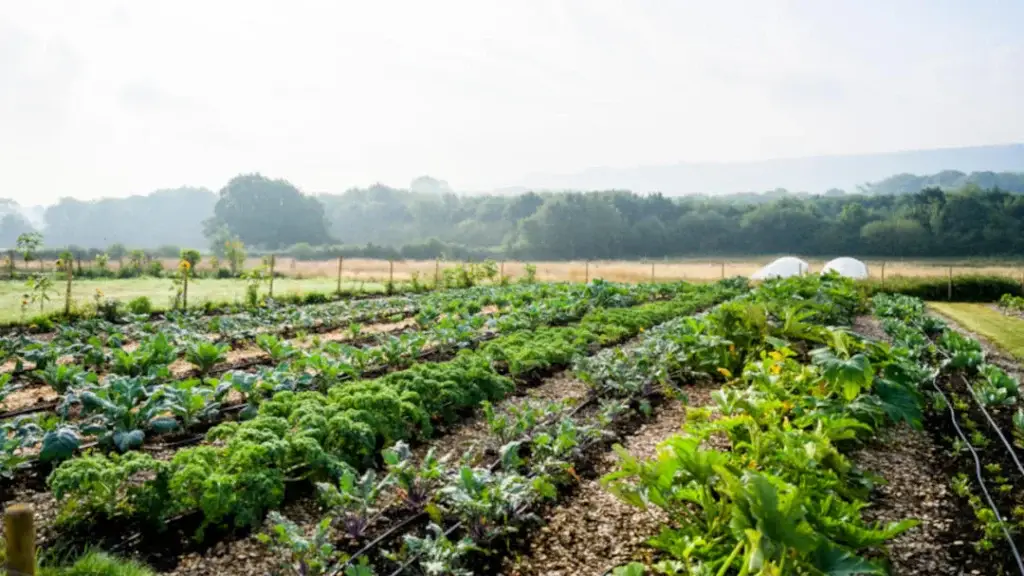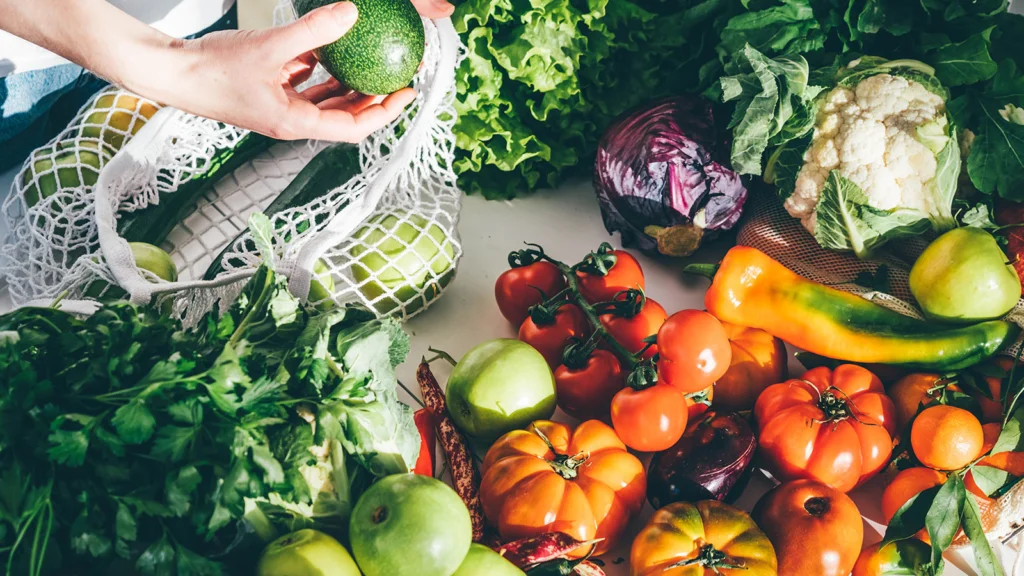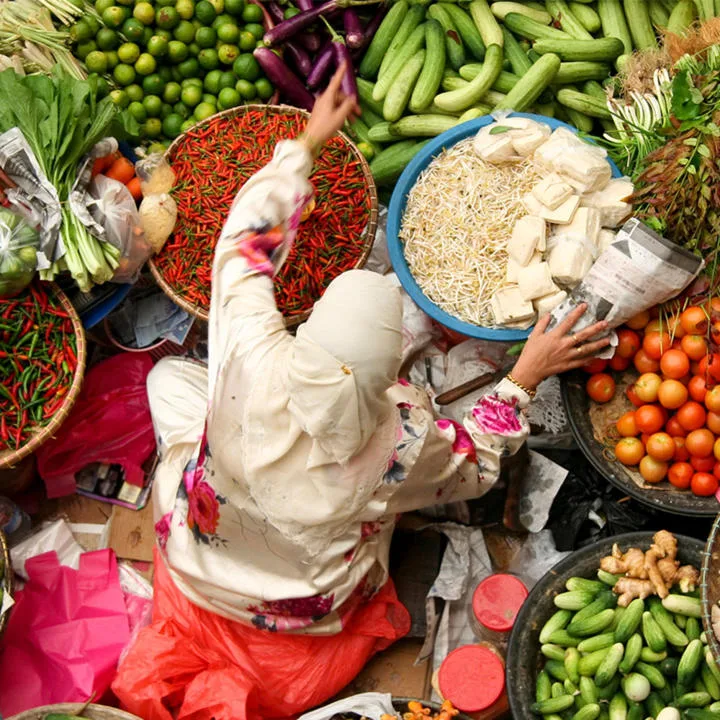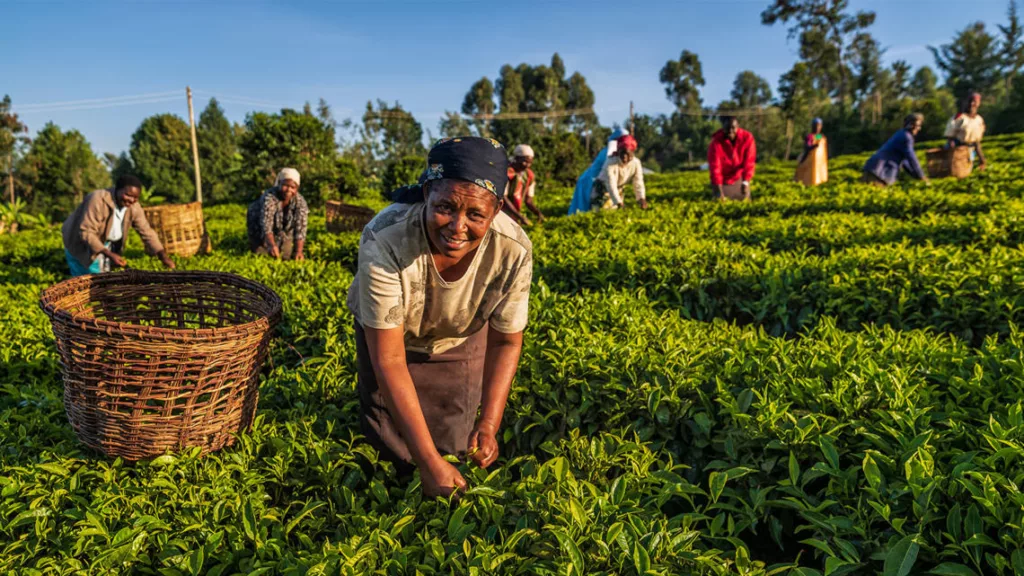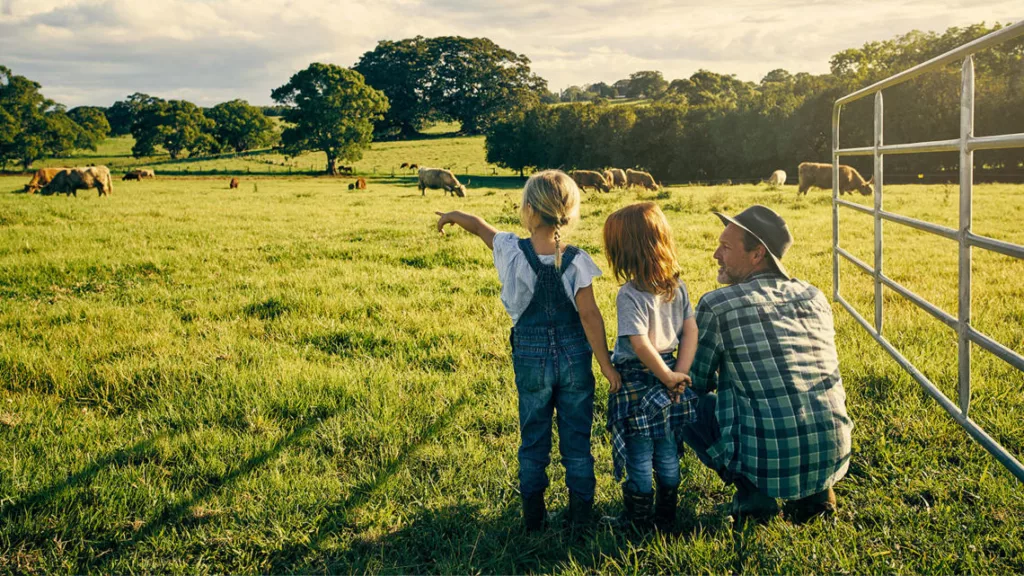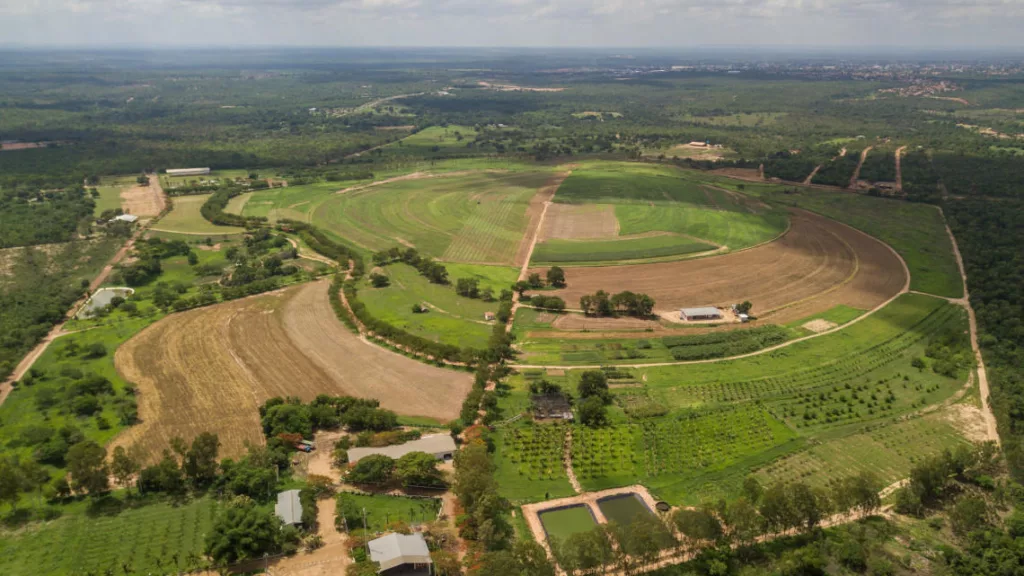Introduction
Food fuels our bodies and plays a powerful role in human health, culture, productivity and potential. It is central to livelihoods and creates connection to family, community and natural ecosystems on land and in water.
The food system, however, is also contributing to pressing global challenges. It contributes to approximately 25% of greenhouse gas (GHG) emissions, three-quarters of biodiversity loss and is a leading cause of non-communicable disease.
We must transition towards a future in which business, farmers, policymakers and civil society collaborate to deliver regenerative and equitable agricultural systems producing quality raw material and nutritious food for all by 2050.
To contribute to achieving our vision, leading businesses from across the agriculture and food value chain work within WBCSD’s Agriculture and Food Pathway to raise ambition, accelerate action and strengthen accountability, building vibrant economies and societies, protecting climate and restoring nature while supporting food and nutrition security for the world’s growing population.
Our
Highlights
Related
Actions
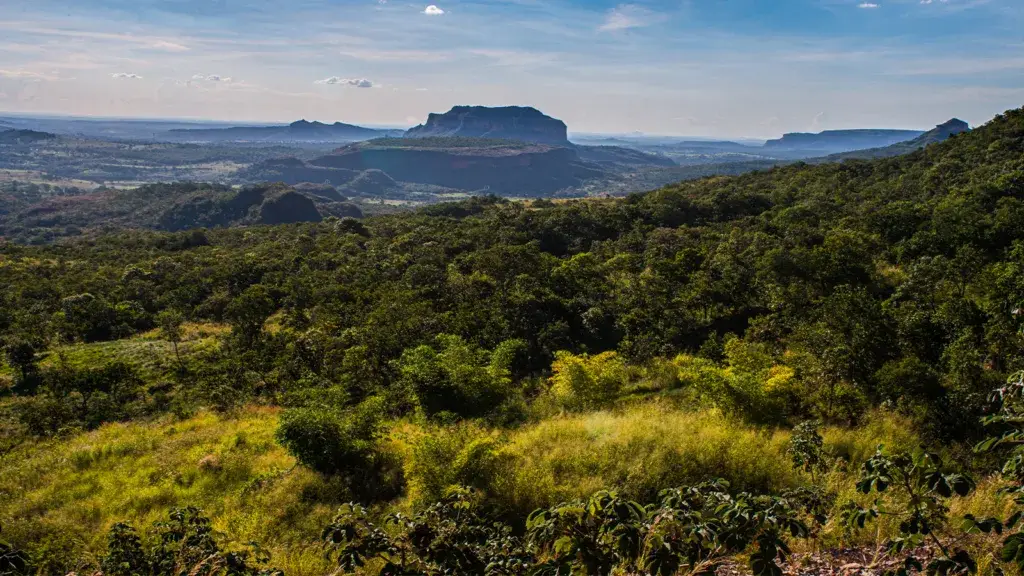
From Dubai to Riyadh: the COP28 Action Agenda on Regenerative Landscapes reports on progress and launches first Landscape Accelerator in Brazil
5 December, 2024
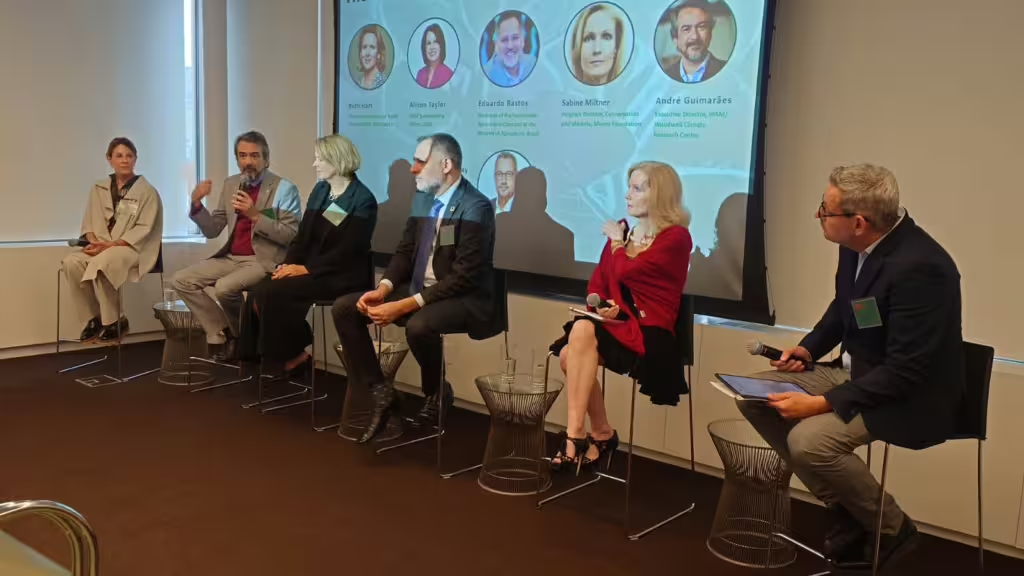
Commodity value chain actors unite for forest-positive Cerrado landscapes
21 October, 2024
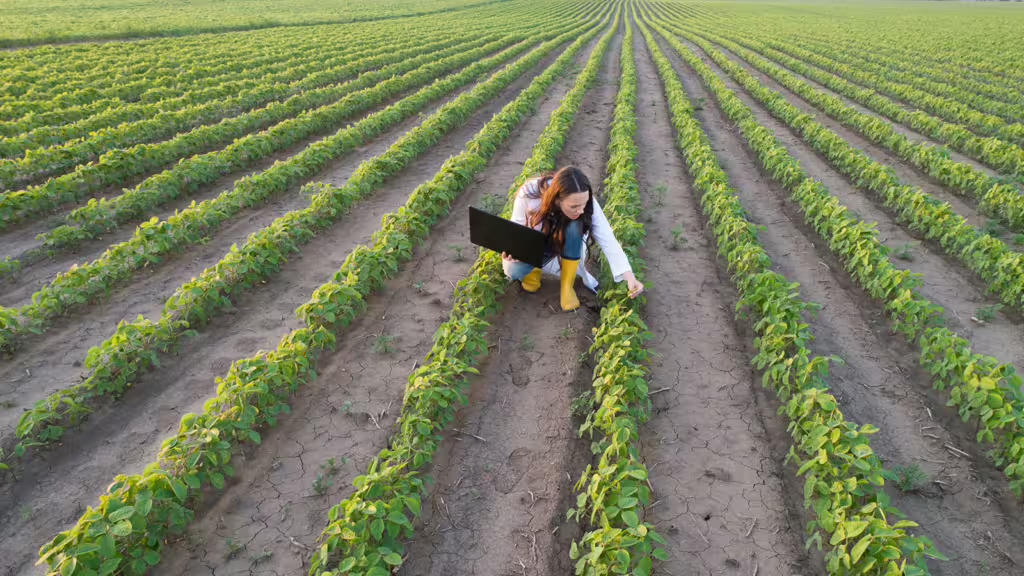
Unlocking finance for food system transformation: why metrics matter
15 October, 2024
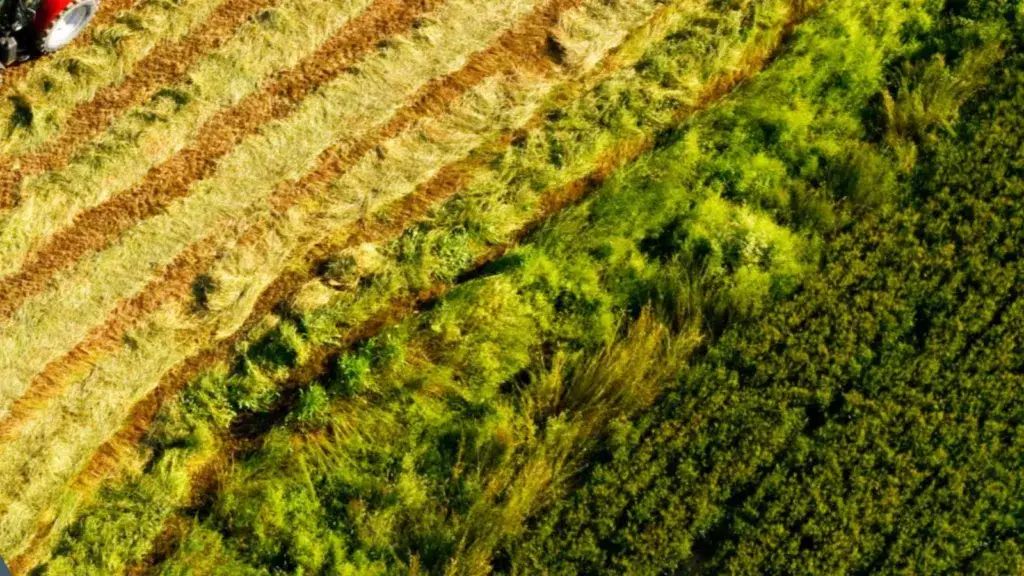
Scope 3 Data and MRV Guidance for Agriculture and Food
3 December, 2024
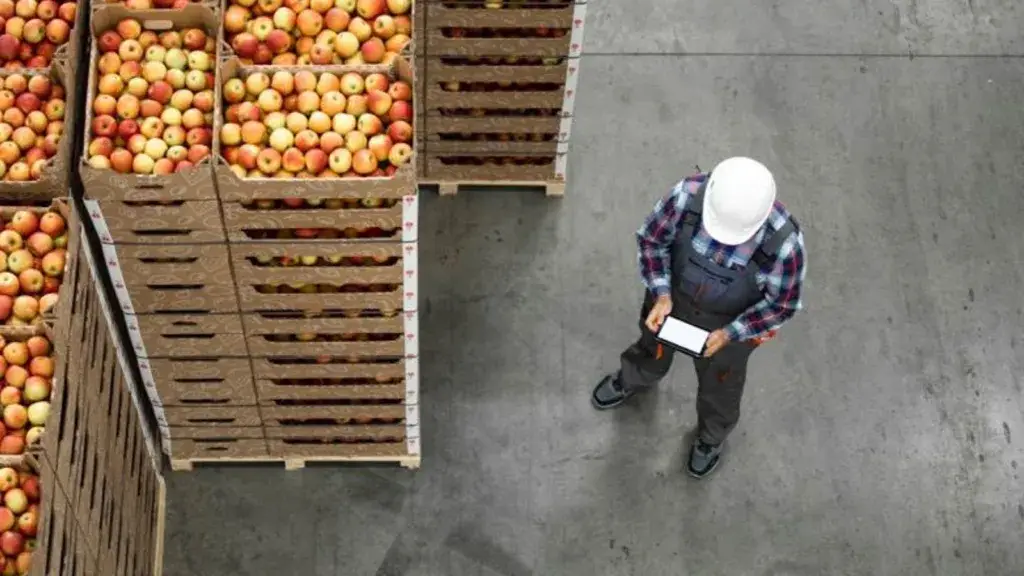
Scope 3 Navigator for Agriculture and Food
3 December, 2024
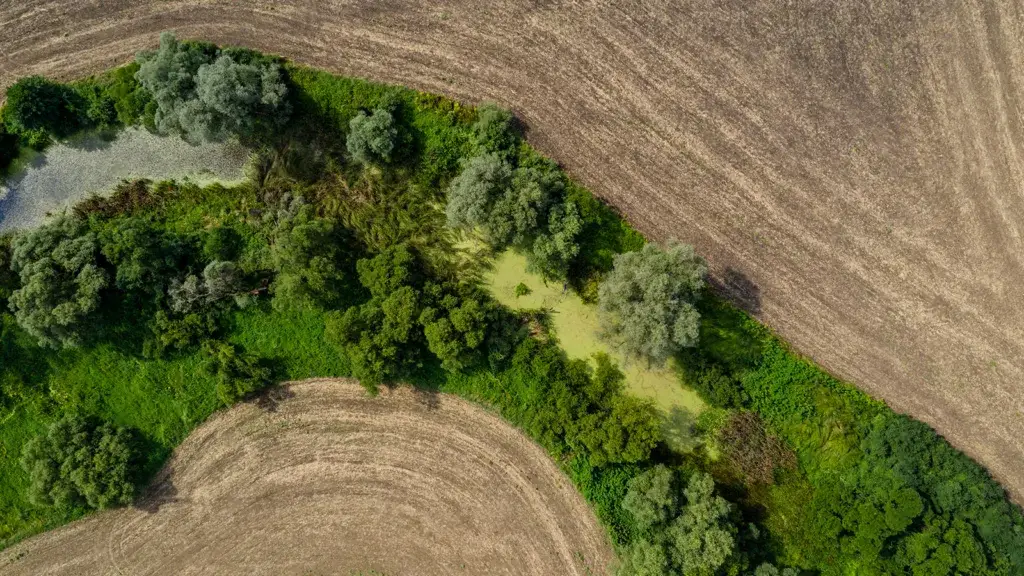
Enabling Private Sector Finance at Scale for the Transition to Sustainable Agriculture and Food Systems
15 November, 2024

